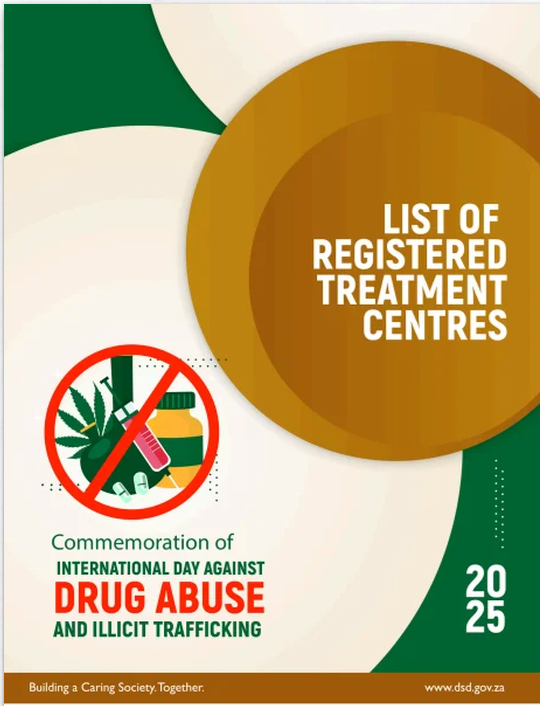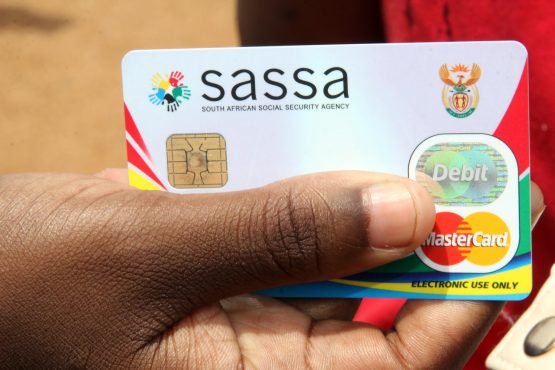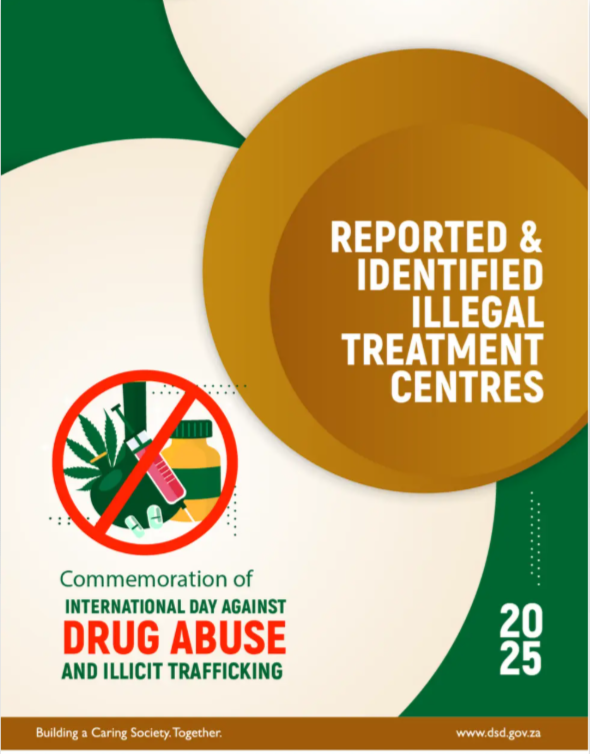Staff Writer.
- The campaign engaged thousands of students across four campuses; Ermelo, Standerton, Perdekop, and Evander- raising awareness on human trafficking, gender-based violence (GBV), and substance abuse.
- Students were briefed on DSD’s services, such as treatment access, psycho-social support, victim empowerment, and expungement of diversion orders for eligible youth offenders.
- The initiative partnered with SAPS, higher education, civil society groups (FAMSA, SANCA, Khulisa Solutions), and banks to take a unified approach against social issues.
As the world commemorates World Day Against Trafficking in Persons, the Department of Social Development (DSD), today visited the Evander Campus of Gert Sibande TVET College to conclude a week-long awareness campaign.
The campaign, driven by DSD’s Social Crime Prevention and Anti-Substance Abuse Unit, sought to educate students about the hidden dangers of human trafficking, gender-based violence (GBV) , and substance abuse, as well as to promote available support services. The intervention reflects DSD’s commitment to prevention and early intervention as critical tools in safeguarding vulnerable youth.
The campaign, which began on 28 July at the Ermelo Campus, extended to Standerton, Perdekop, and Evander campuses, reaching thousands of students across four institutions of higher learning. This targeted intervention was designed to engage young people—who are most at risk of being trafficked, exploited, or drawn into substance abuse and GBV—through dialogues, information dissemination, and referrals to support services.
“We are here because we care about the future of our youth,” said Ditebogo Manana, Social Work Policy Manager at DSD.
“Many of you are away from home, facing new pressures, new freedoms, and sometimes, new dangers. It is important that you know where to find help before harm finds you.”
She stated that the campaign forms part of the broader prevention and early intervention strategy. “We are not only creating awareness but also advocating for the services available to young people”. These services include:
• Access to treatment centres for substance use disorders
• Psycho-social and therapeutic support for victims of crime and violence
• Emergency accommodation and shelters for individuals at risk
• Guidance on expunging diversion orders for youth who committed offences under the age of 18 and remained offence-free until 21
Manana added that students were also educated on the different categories and schedules of crimes, how past trauma can influence irrational behaviour, and the critical role of DSD’s psycho-social interventions in healing and rehabilitation.
“DSD is heeding the call by proactively delivering prevention and early intervention services to curb social ills affecting children and young people, especially in institutions of higher learning,” she said.
Throughout the week, the campaign showcased DSD’s comprehensive support programmes for victims and survivors of trafficking and other crimes, including safe accommodation, psycho-social services, victim empowerment, and referral networks. Students were encouraged to use the toll-free hotlines:
• Gender-Based Violence Command Centre on 0800 428 428
• Substance Abuse Helpline on 0800 121 314 for free and confidential support.
• Report human trafficking and abuse to the South African Police Service on 08600 10 111.
Representatives from government departments, the police, higher education, health, and civil society walked side by side with DSD in delivering prevention and early intervention messages. Organisations such as Families South Africa (FAMSA), the South African National Council on Alcoholism and Drug Dependence (SANCA), Khulisa Solutions, and even banking institutions have played a role in creating safe spaces for open conversations and support.
The week-long engagements concluded today at Evander Campus, marking the end of a successful outreach campaign under the banner of building a caring, informed, and resilient youth population. Students were urged to remain vigilant, seek help when needed, and report any incidents of human trafficking, GBV, or substance abuse through the toll-free numbers provided.





